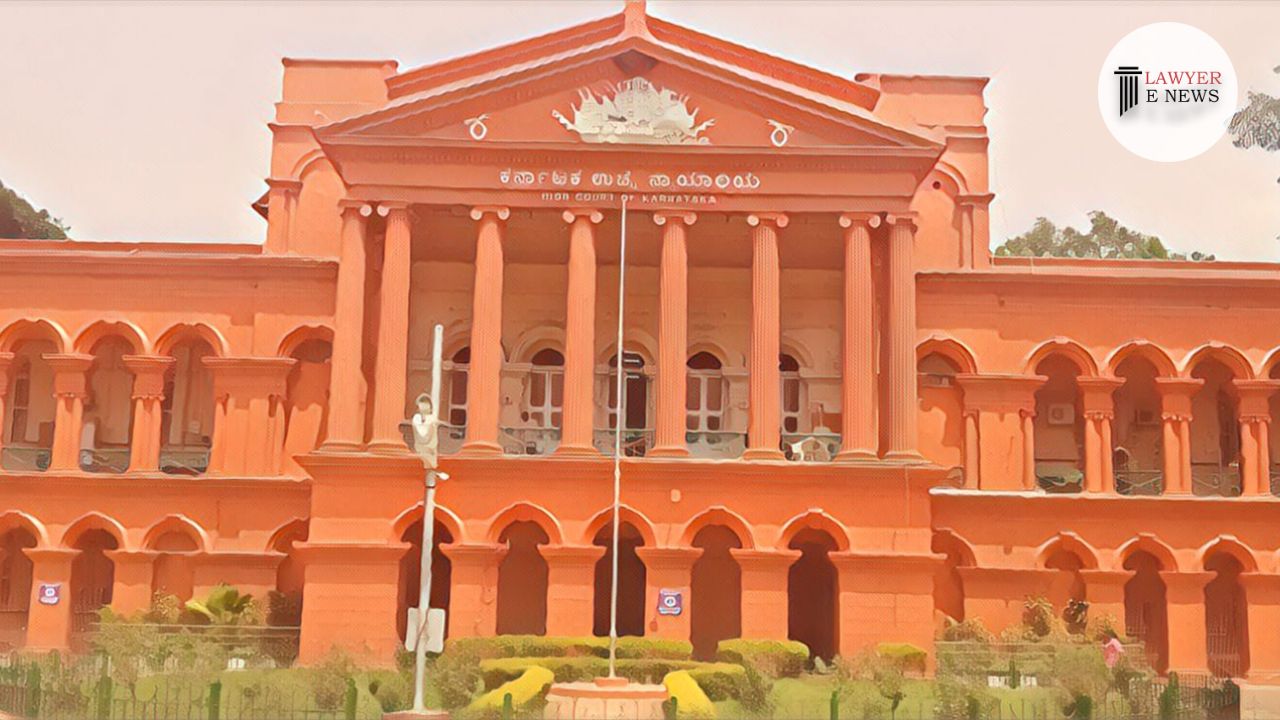-
by Admin
20 February 2026 5:23 AM



In a significant Order , the Karnataka High Court dismissed the criminal petition filed by Dr. Neha Bansal, who sought to quash proceedings against her in a case of alleged question paper leakage in a postgraduate medical entrance exam. Justice M. Nagaprasanna stated that the case presents "serious disputed questions of fact that necessitate a full trial."
Dr. Neha Bansal was implicated in a malpractice case related to a postgraduate entrance test conducted by the Rajiv Gandhi University of Health Sciences. The government committee found substantial evidence against her and referred the case to the Central Bureau of Investigation (CBI) for further probe.
Counsel for Dr. Bansal argued that her good academic record contradicts the prosecution's claim of malpractice. They also raised questions about the sufficiency and credibility of evidence presented, including polygraph tests and brain mapping analyses.
On the other hand, the CBI counsel opposed the petition stating, "all available evidence will be used in the trial" and emphasized that the lower court had rightly rejected the discharge application.
Reflecting on the arguments from both sides, Justice Nagaprasanna observed, "given the severity and complexity of the charges, a full trial is necessary to resolve the issues at hand."
The High Court also called for an expedited trial process. "These matters should be subject to a full trial," added the Justice, emphasizing the need for quick resolution given the long-standing nature of the issue.
The charges against Dr. Bansal and other accused include offenses under the Prevention of Corruption Act and the Indian Penal Code (IPC), notably corruption, criminal breach of trust, and criminal conspiracy.
The High Court’s decision is seen as setting a precedent in how evidence like polygraph tests and brain mapping are considered in legal proceedings. As Justice Nagaprasanna noted, while such tests may suggest a petitioner's knowledge of a crime, "corroborative material must be present for any conclusive determination."
The court's ruling underscores the limits of quashing proceedings under Section 482 of the CrPC, stressing that such powers should be exercised "sparingly" and only after considering material collected during the investigation.
This landmark ruling could impact not only this case but also how courts view scientific evidence in criminal cases moving forward.
Date of Decision: 06 October 2023
NEHA BANSAL vs CENTRAL BUREAU OF INVESTIGATION/A.C.B
